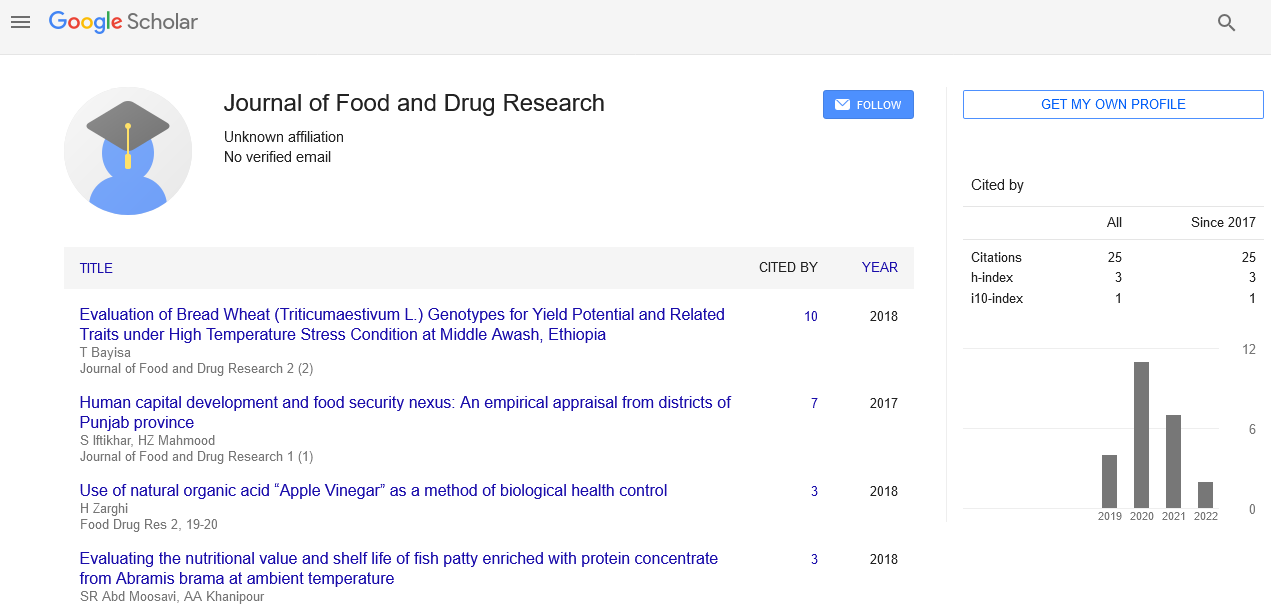
Sign up for email alert when new content gets added: Sign up
Abstract
Biological detoxification of food chemical contamination using probiotics
Author(s): Monika Nainwal*People are now exposed to a variety of chemical and environmental toxins that are produced by industry and agriculture. Food contamination from mycotoxins, heavy metals, and Persistent Organic Pollutants (POPs) is a severe issue for global food safety with repercussions for the economy and for public health, particularly in the newly industrialised nations (NIC). A growing body of research shows that xenobiotics, or food pollutants, have a detrimental impact on human health. These effects include inflammation, oxidative stress, and intestinal problems associated to changes in the composition and metabolic profile of the gut microbiota. Although physicochemical methods for food decontamination are frequently used, they frequently cannot be used in many industrial sectors due to the necessary circumstances. At the moment, a biological detoxification process carried out by probiotic strains and their enzymes is one promising method to lower the risk associated with the presence of xenobiotics in foods. Probiotics are an efficient, practical, and affordable strategy for preventing xenobiotic-induced dysbiosis and reducing its toxicity, according to numerous research. This article seeks to provide an overview of the direct mechanisms that probiotics can use to affect xenobiotic detoxification. Additionally, host response and probioticxenobiotic interactions with the gut microbiota were examined.
Full-Text | PDF





